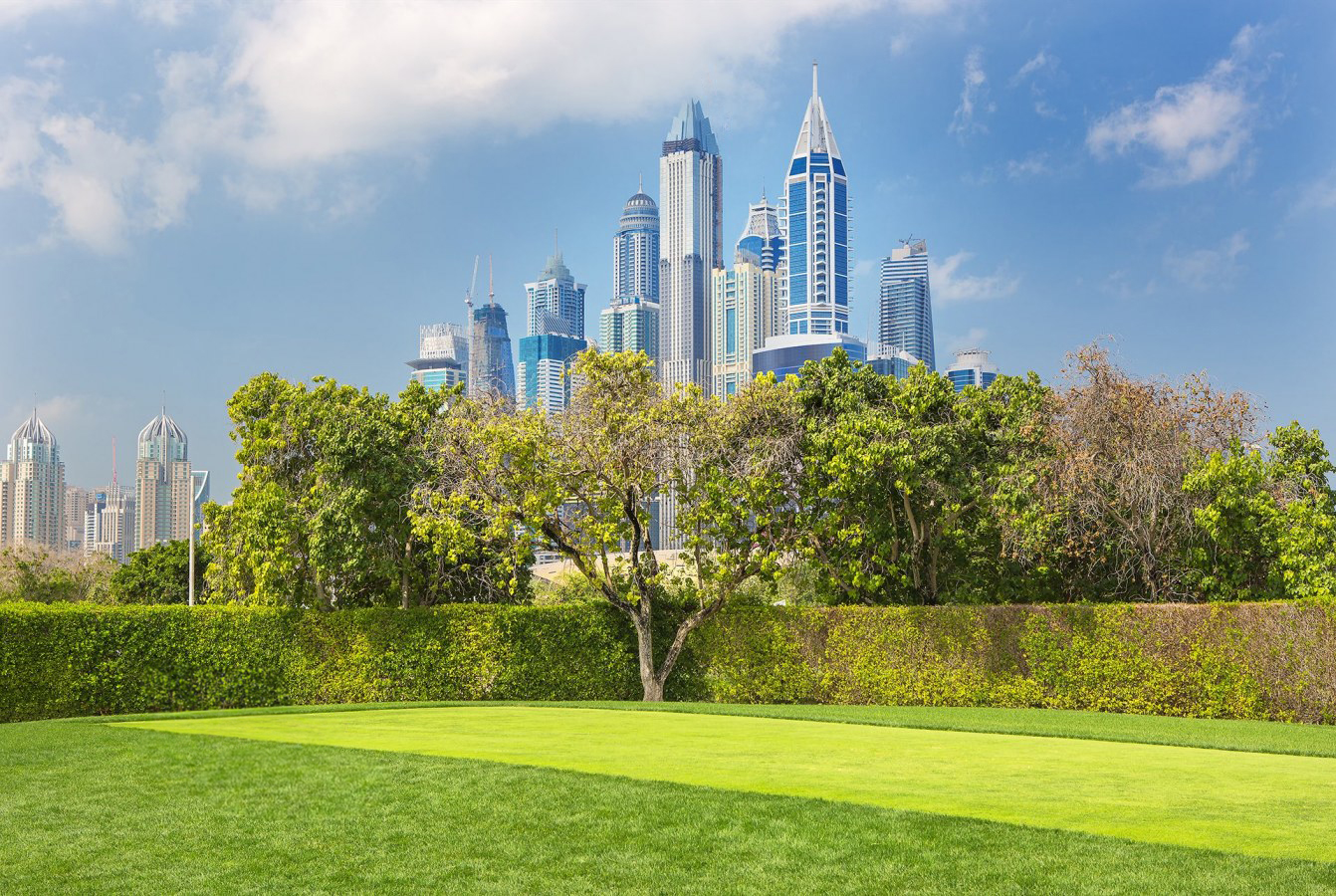In the heart of the UAE, Dubai stands as a beacon of modernity and innovation. Recently, this bustling metropolis has witnessed a significant shift in its real estate sector, pivoting towards sustainable development. As environmental awareness grows, both investors and residents are increasingly seeking properties that align with eco-friendly practices. This article explores how sustainable development is reshaping Dubai’s real estate landscape, offering insights for investors, developers, and buyers alike.
Sustainable Development: A New Priority in Dubai’s Real Estate
While luxury and opulence continue to be primary drivers of Dubai’s property market, there’s an emerging trend that complements these elements beautifully, sustainable development. The Dubai government, recognizing the importance of environmental stewardship, has been encouraging sustainable practices. However, this has not diminished the city’s penchant for luxury. Instead, it has added a new dimension to it.
Today’s high-end properties in Dubai are not just about lavishness but also about integrating eco-friendly features. These include energy-efficient designs and renewable energy sources, blending luxury with sustainability. Green buildings in Dubai are thus becoming synonymous with both opulence and environmental responsibility, offering the best of both worlds to discerning buyers and investors.
Why Sustainable Properties are Gaining Popularity
As global awareness of environmental issues increases, more countries are seeking ways to reduce their carbon footprint. This shift in mindset is reflected in the property market, where there’s a rising demand for homes and offices that are environmentally responsible.
properties often feature energy-saving elements like efficient insulation, solar panels, and smart energy management systems. These features not only reduce the building’s environmental impact but also offer significant long-term cost savings in terms of reduced utility bills.
Sustainable buildings are designed to provide healthier living and working environments. They often include better air quality, more natural light, and the use of non-toxic, eco-friendly materials, contributing to the well-being of their occupants.
In a competitive real estate market like Dubai’s, sustainable properties offer a unique selling point. They stand out to buyers and renters who are increasingly making choices based on environmental impact and sustainability features.
Government Initiatives and Regulations
The Dubai government’s role in promoting sustainable development cannot be overstated. Regulations now require new constructions to adhere to specific environmental standards. Furthermore, initiatives like the Green Building Regulations & Specifications are encouraging developers to adopt sustainable practices.
The Impact on Real Estate Marketing
For real estate marketers in Dubai, the shift towards sustainable development opens new avenues for promotion. Marketing strategies now emphasize eco-friendly features and long-term cost savings. Additionally, sustainable properties offer a unique selling proposition (USP) that sets them apart in a competitive market.
The trend towards eco-friendly properties is not just a passing phase; it’s the future of real estate in Dubai. We can expect to see more innovations in sustainable construction, smart home technologies, and green living initiatives. For investors and buyers, this means more opportunities to be part of a world that values sustainability and innovation.
Conclusion
Sustainable development is more than just an environmental consideration; it’s a comprehensive approach that is transforming Dubai’s real estate landscape. As the city continues to grow, embracing sustainability will not only benefit the environment but also enhance the quality of life for its residents. For those looking to invest or find a home in Dubai, properties that prioritize sustainability are undoubtedly the smarter choice.


